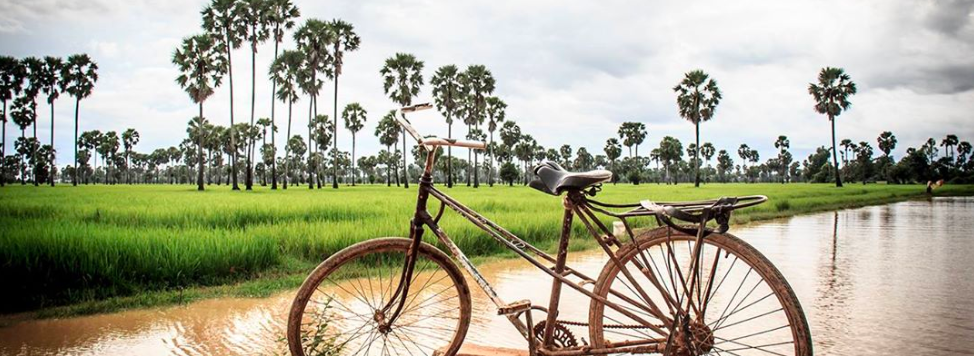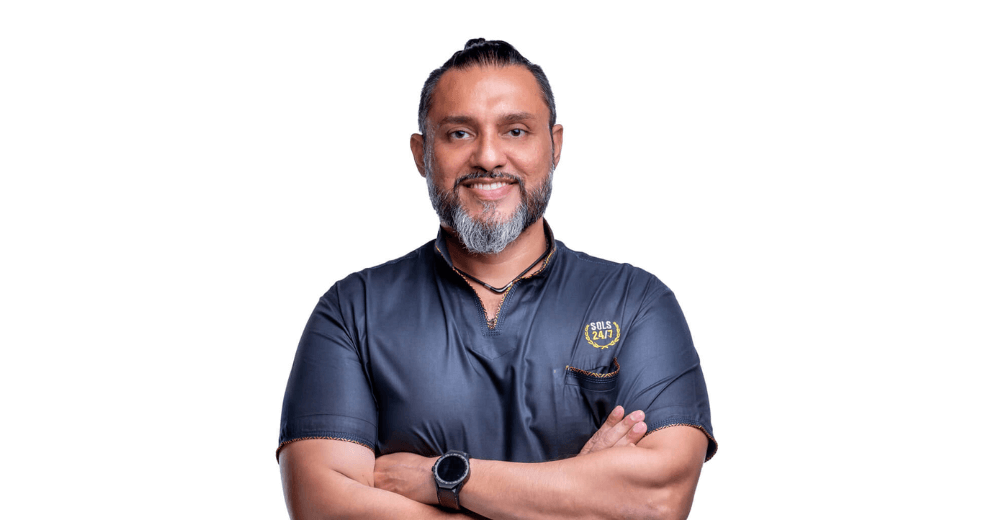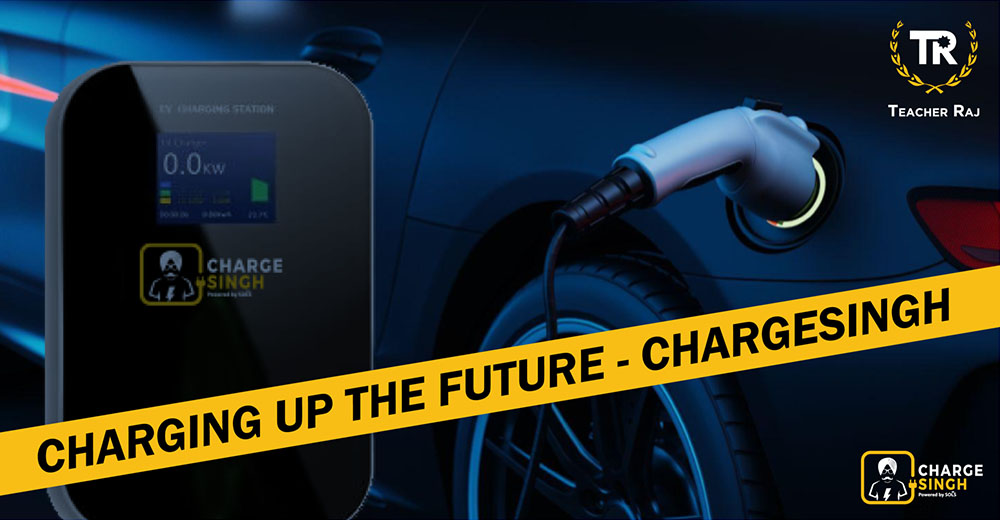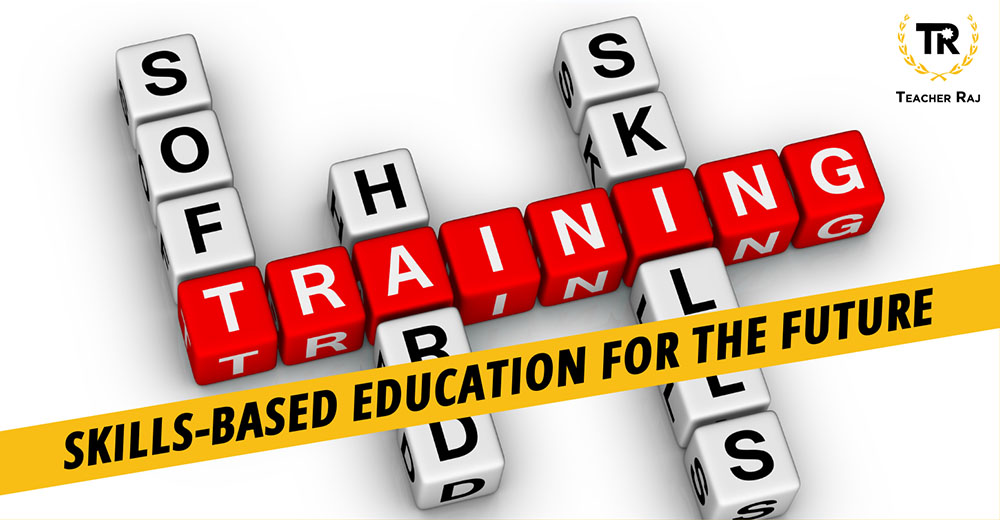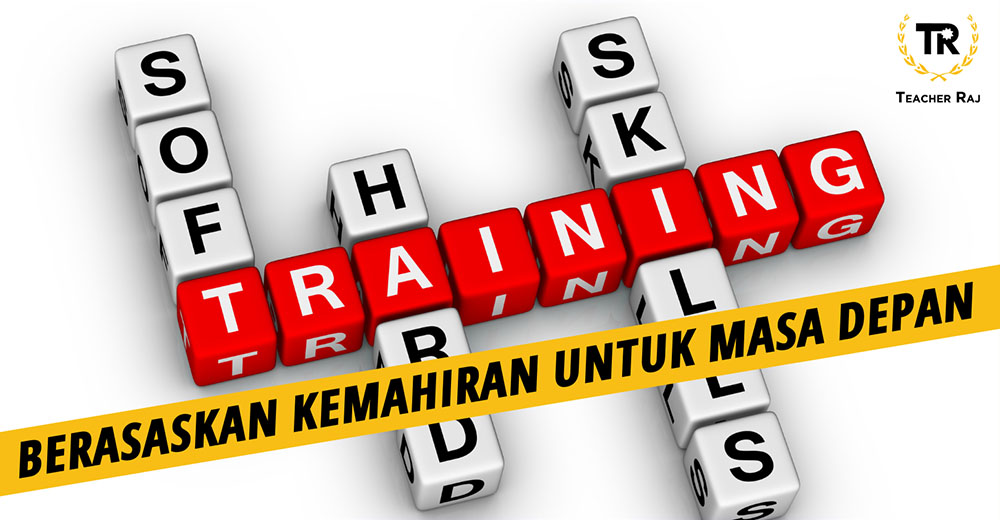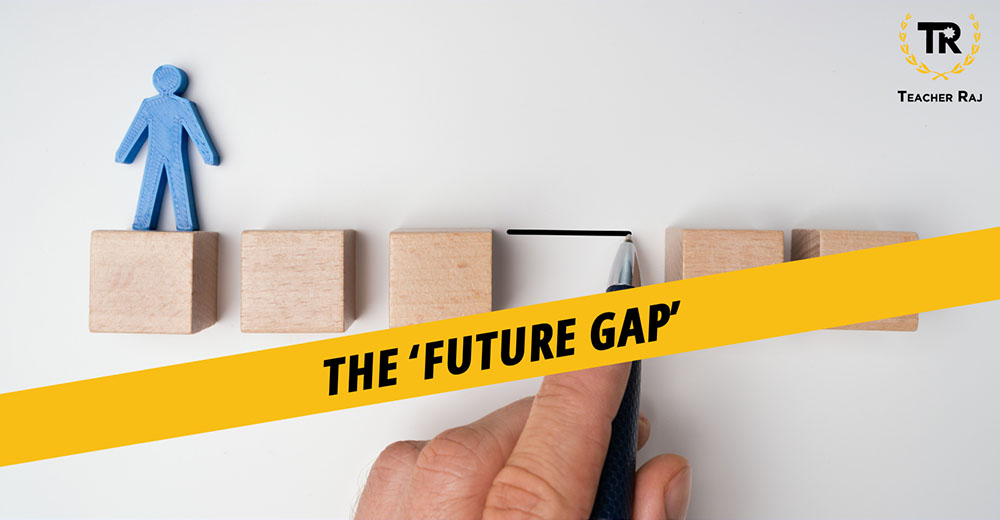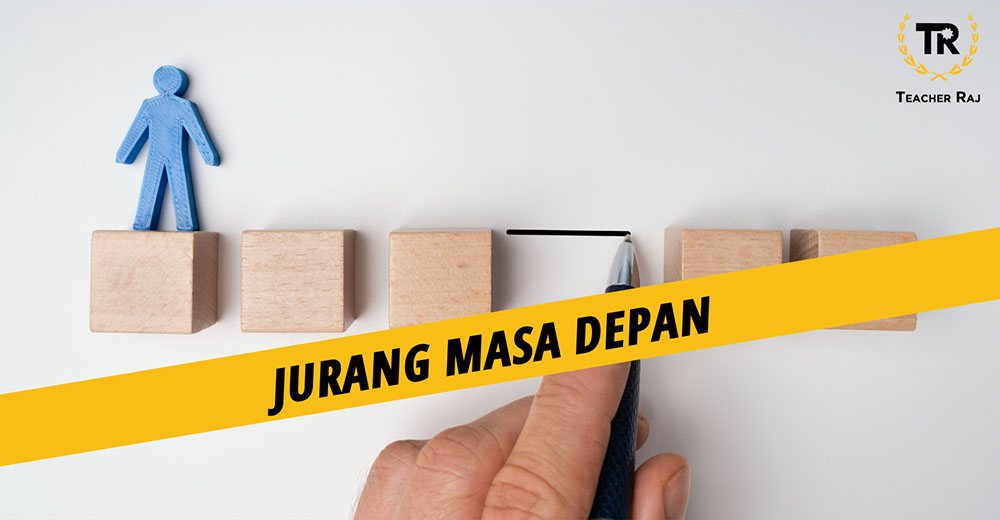Sometimes an experience that happened years ago, imprints it fragrance in the crevices of your mind.. a trigger, and everything comes rushing back to the surface.
I was 18 years old, the beads of sweat sliding down my back made me appreciate the cool wind as I rode my motorcycle slowly along a dusty road in Kg Speu, Cambodia. It was the early days of my NGO days with my father and brother and some of us had been assigned to travel to Cambodian provinces to find out what real poverty meant, or looked like.
Soon, I saw a man riding one of those black colour ‘old man’ type bicycles. Wearing only shorts, he was tall and lean, his dark copper skin stretched tightly across his back as he rode ahead of me. The bamboo palm wine containers fixed to the back of his bicycle told everyone what his trade was. He was a palm wine (toddy) seller. His job was to scale 70-98 feet insanely tall palm trees – think about climbing up a seven to nine story building- using only a sarong for stability and not having much else to grip onto. Once up there, he would collect the palm fruit, get back down, cook and prepare the wine to sell.
I hailed him and asked if he was on the way home. If so, could I come along for a chat? Of course, at first he looked surprised, but his hospitality shone through and he invited me to follow him.
We stopped at a one room shack, attap leaves making up the walls and roof. Compacted earth made up the floor. As I bent down to enter, the sun shining through gaps in the roof gave enough light to look around. Two little kids, a boy and girl, sat silently staring at me. I will never forget how they looked. The little girl had messy hair, crunchy with dried dust, and the boy, big eyes under unkempt, shaggy hair.
“How far is your house from here?” I asked. Many farmers had holding shacks situated a distance away from the main home.
“This is my house,” was his answer.
I felt regret at asking my question, I didn’t mean to offend him or make him think I was judging him- I sincerely hoped he didn’t feel that way.
During my travels, I saw many houses in rural areas didn’t have running water. It was very normal for drinking water to be kept in a clay pot in the house. Water was collected from ponds/lakes, and boiled with local roots and herbs. The end product resembled Chinese tea and was kept in these clay pots. My host poured me some water, all the while apologizing for not having food to offer.
My host’s home consisted of four attap walls, an attap roof, compacted earth floor and a small light bulb hanging from the middle of the ceiling. There was no fan, no bed, no toilet. There was traditional Cambodian floor mats (which they would lay on the floor at night to sleep), big candles to supplement the light bulb at night, a small stove for cooking and a separate cooking area where he prepared his palm wine.
Oh yes, his bike, his prized asset was also kept in the house- he couldn’t afford to lose it.
I asked him about his job collecting palm fruit to make wine (toddy), for me it for scary to see people climbing up so high, buffeted about on a windy day.
“Yes, it’s a dangerous job. But this is the only thing I can do. I don’t have land to be a farmer. During the Pol Pot regime, I was forced out of my home and job in town, and go back to the village,” he explained.
You see, back in the day, Cambodian parents and their kids would work to earn money to buy land and slowly grown the family wealth. But for this man, he didn’t have land to start with. Collecting palm fruit and making palm wine was his only available job. The tyranny of Pol Pot had caused this man a lot of suffering, watching friends and family die, and eventually losing his son and daughter-in-law too.
“These kids are my grandkids,” he said pointing two the two silent children. I found out that his granddaughter and grandson, didn’t go to school and spent most of their days playing in the nearby area. He simply couldn’t afford to send them to school. Then he said something which hit me hard. Maybe it was the combination of sitting in his home, with the children and his worldly belongings all in one spot: “I make enough, if I can work. But if the situation is dangerous, if it rains or is too windy, I can’t climb the tree. And if I can’t climb, then there is no fire in the stove”. He said it so matter of factly, never complaining, not playing the victim card. He acknowledged that life was not easy, but never complained about his poverty. His small family ate rice porridge with a bit of salt, and on some days, with vegetables or salted fish mixed in. For me however, what his words meant cut much deeper. To those kids, their grandfather was everything. If he dies, there would be no one to love, care, feed and protect them.
This information settled in my chest, heavy.
That was when I realized that there were so many, thousands if not tens of millions of children in countries all over the world that have this kind of fate. These two children didn’t chose for their parents to die, or to be born in Cambodia, or to be born in poverty. It was beyond their control.
I saw as clear as day, that Education was that one tool, that one weapon, one system to take someone from poverty into success or a better life.
As I got on my motorbike to continue my journey, I felt one of the most powerful and meaningful things I could do with my life would be to provide the opportunity for more children to get a better life and access to education. I was not thinking about how much money they could earn, or the impact. Those weeks visiting villages, talking to people and their families gave me a clear picture on who and what I wanted to fight for.
It was just a way to help, in whatever way, ability or skill I had- to dedicate my life to find and provide a solution for them.
Photo credit: KeoPonha Ny
